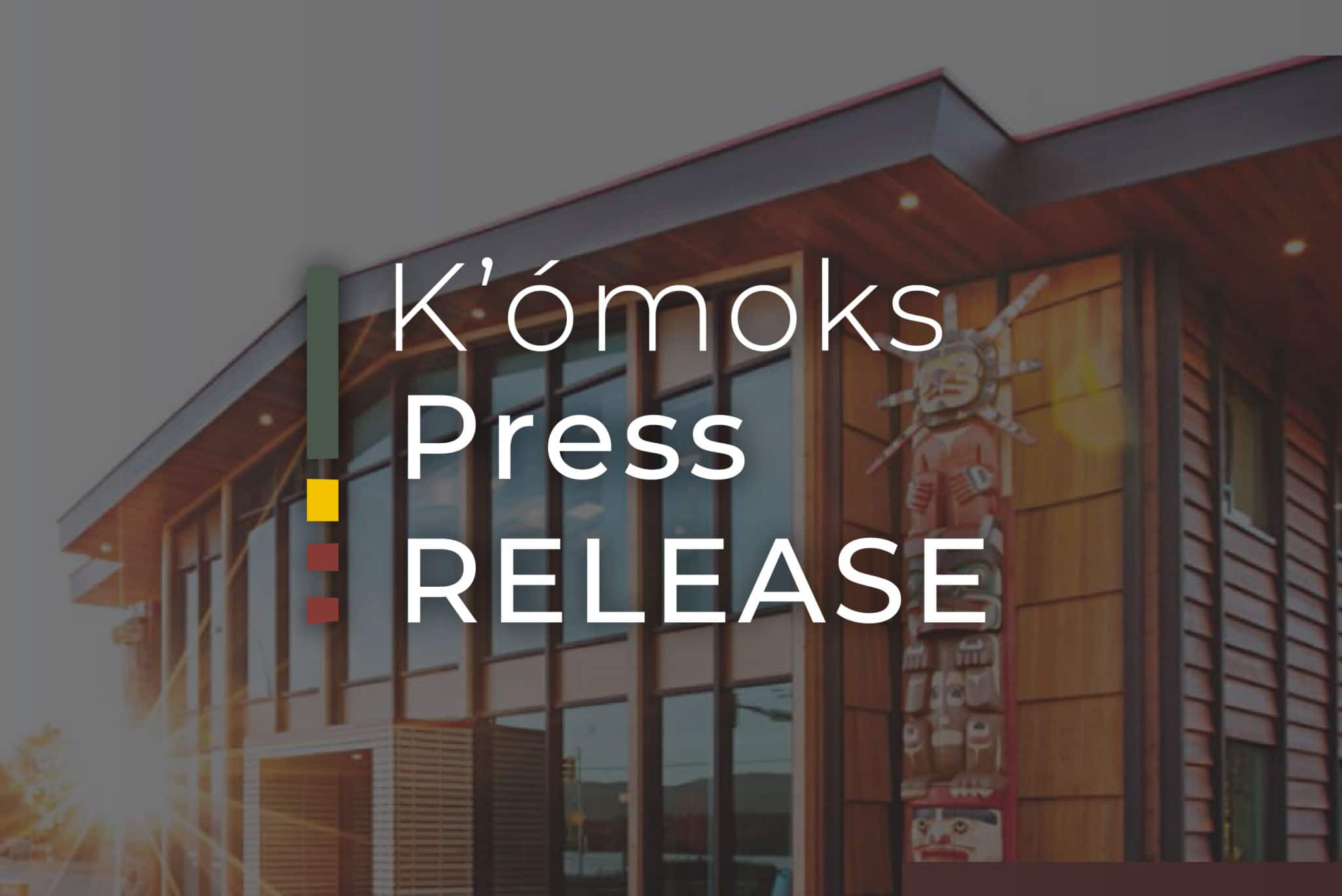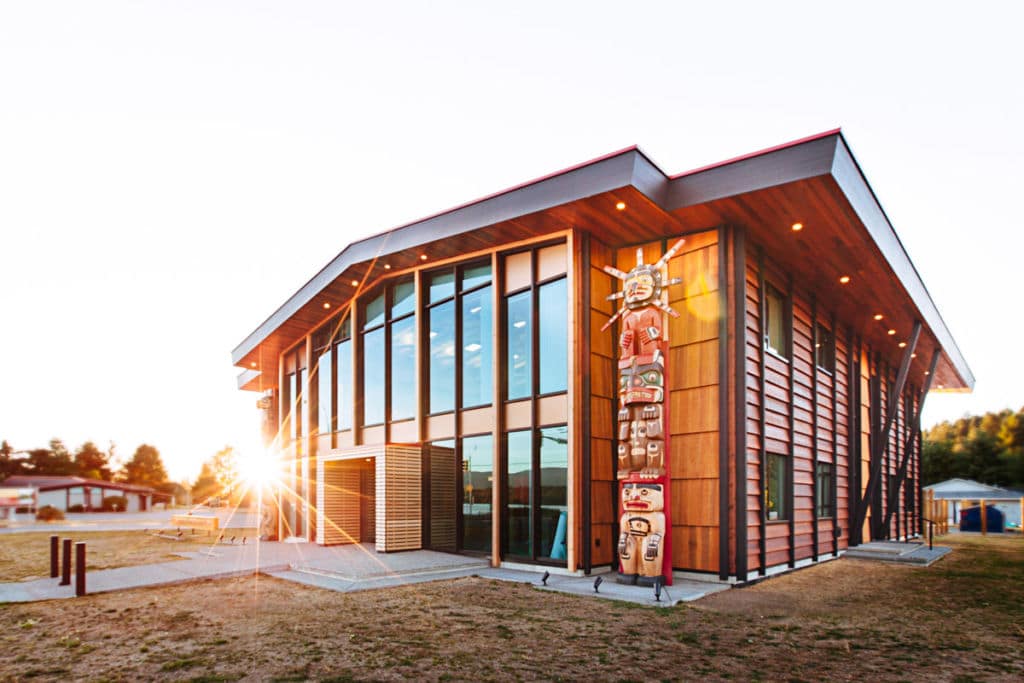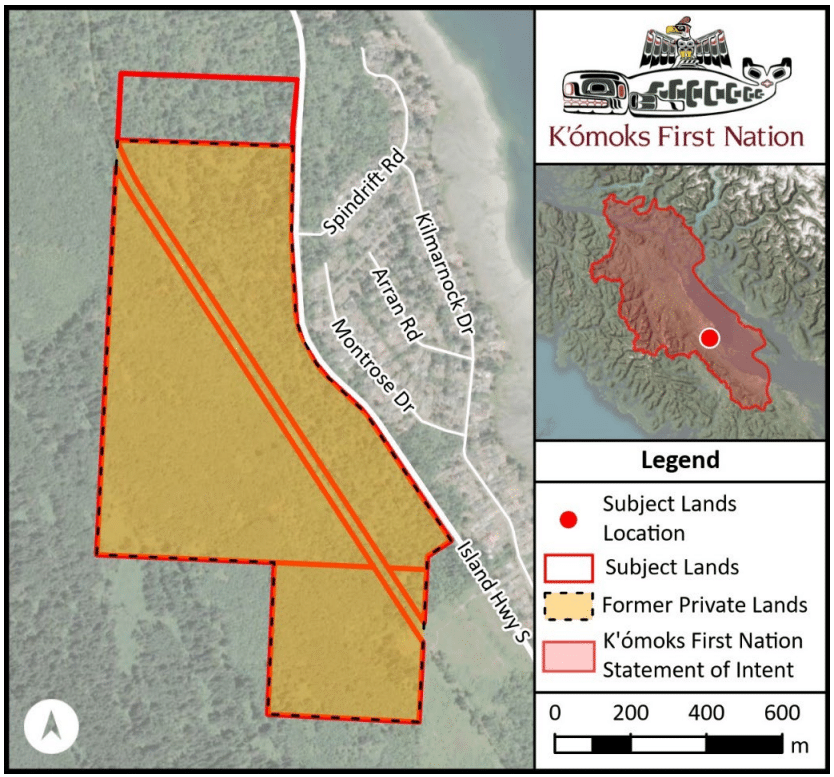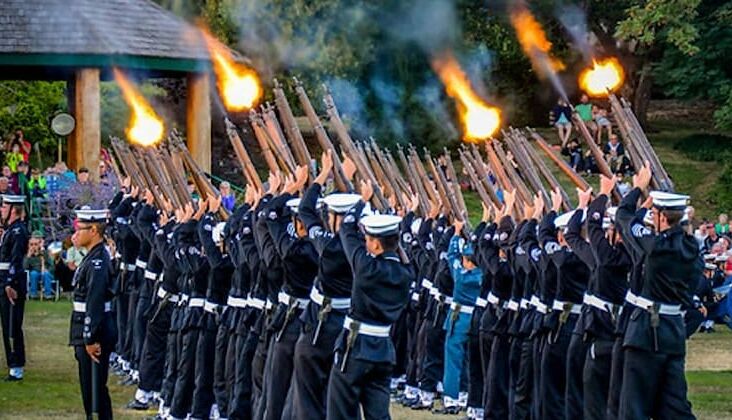December 16, 2021
Comox Valley, BC
FOR IMMEDIATE RELEASE
An environmental disaster waiting to happen: KFN strongly opposed to Deep Water Recovery’s ship-breaking activities in Union Bay.
K’ómoks First Nation (KFN) does not condone Deep Water Recovery LTD and their ship-breaking activities in Union Bay, located within Baynes Sound, which is within KFN’s traditional, unceded territory. This is a shellfish rich and sensitive ecological area, accounting for 50% of B.C.’s shellfish tenures, including important shellfish stocks for KFN’s economic, food, social and ceremonial uses.
“Considering the other environmental impacts in the area, such as a leaching coal slag heap and faulty septic tanks, why would we jeopardize this area further?” says Hegus (KFN Chief Councillor) Nicole Rempel. “Where do we draw the line?”
KFN shares a lot of the same environmental concerns expressed by local residents in the Comox Valley about this issue. Ship destruction can introduce a host of toxic chemicals and materials into the air, land and water, like lead, asbestos and other contaminants. For more than 18 months, and as recently as this October, KFN has been expressing their concerns about this specific situation to both the federal and provincial governments, as well as to the Comox Valley Regional District (CVRD), without resolution.
While Deep Water Recovery has shared iterations of their environmental recovery plan with the Province and KFN, the environmental impact language is very broad, and does not make any specific commitment to following federal or provincial environmental standards. Any federal or provincial response to an environmental impact would be reactive only; after a spill, chemical contamination or other catastrophic event.
“We’ve discovered that there are no federal or provincial regulations in place for the deconstruction of ships on land. Until it’s too late and an actual environmental impact happens, there is nothing holding the company accountable, just voluntary adherence to the guidelines they’ve set for themselves,” says Rempel. “We know it isn’t a matter of if, but rather, when something environmentally damaging is going to happen with these harmful activities.”
“We know Canada needs to be playing a role in the responsible dismantling of old ships – but Union Bay is not the place to do it,” Rempel adds. “These activities should take place in existing industrial areas, like the Port of Vancouver or the Esquimalt shipping yard, where they have appropriate environmental measures in place. Why would we start doing this here?”
If the ship destruction activities are to continue, the CVRD has the jurisdiction to amend their bylaws to address the current situation, as well as any potential similar issues in the future. KFN hopes that any new bylaws would ensure that all types of environmental impacts – including air, water and land – are addressed.
“The City of Vancouver put in place a robust set of standards in their bylaws for ship building activities at the Port of Vancouver, including air protection measures. That’s something the CVRD doesn’t currently have in place, but it’s important to consider, to ensure air quality is being maintained along with marine and land quality,” says Rempel.
The CVRD confirms it has notified Deep Water Recovery of the non-compliant shipbreaking use within the Industrial Marine zone and has requested that they either cease the use or make an application to initiate a public zoning amendment or temporary use permit process.
KFN will continue to work with their partners to oppose the potentially devastating industrial activities being undertaken in Union Bay.
Media Contacts
Reception:
250 339 4545
reception@komoks.ca
Nicole Rempel
Hegus (Chief Councillor)
K’ómoks First Nation
Todd Boychuk
Director of Intergovernmental Relations
K’ómoks First Nation




